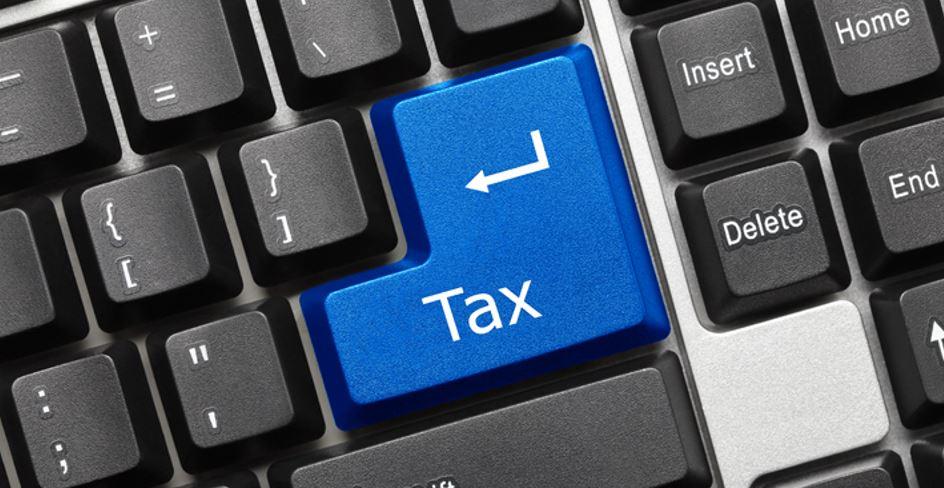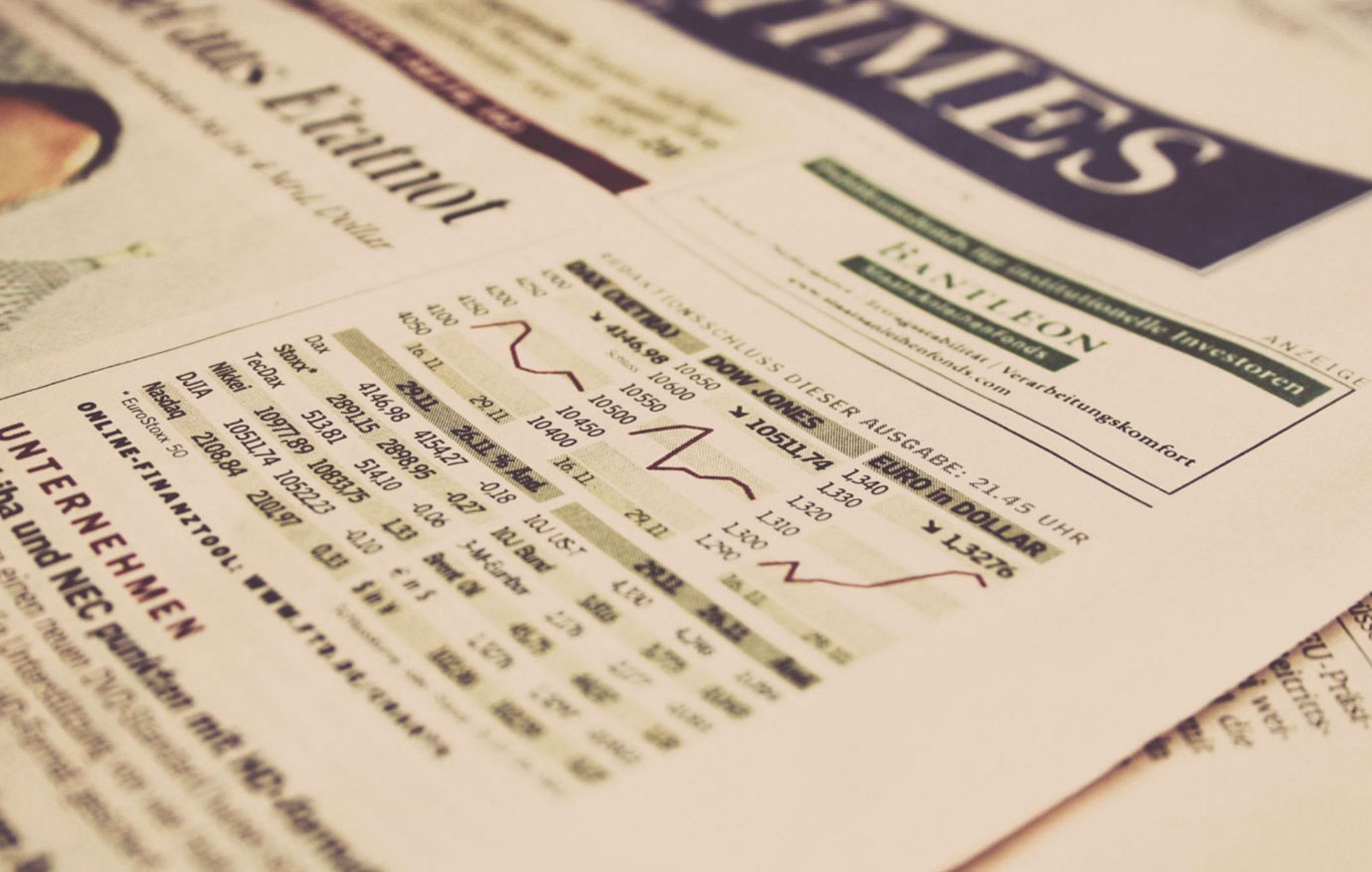
Why Business Owners Can’t Just “Pass on” Tax Costs to Consumers
White House press secretary Jen Psaki claimed in a recent press briefing in response to Biden’s intent to raise taxes on large companies that “[t]here are some who argue that, in the past, companies have passed on these costs to consumers…. We feel that that’s unfair and absurd, and the American people would not stand for that.” This has drawn heavy criticism from right-wing politicians including Republican congressman Dan Crenshaw, who tweeted out a link to the comments with the caption “Economics is hard.” The Representative is right to imply that sometimes those not trained in economics can miss basic points; however, it appears that he should really be pointing the finger at himself. This is because sound economics teaches us that price is determined ultimately by the consumer. Put simply, the business is already charging the most consumers would willingly pay in order to make the most profit they can. If they could conceivably raise the price, why would they wait until their costs rose to do so? As a result, the implication that the “American people would not stand for that” has more merits than many would like to credit it. While it is quite possible that minor factors may lead to consumers’ willingness to pay mildly increasing and that as a result, businesses may be able to shift the prices somewhat, it is important to understand that consumers carry their own hefty amount of weight in this question. No one explained this better than Murray Rothbard in Man, Economy, and State:
The most popular example of a tax supposedly shifted forward is the general sales tax. Surely, for example, if the government imposes a uniform 20-percent tax on all retail sales, and if we can make the simplifying assumption that the taxes can be equally well enforced everywhere, then business will simply “pass on” the 20-percent increase in all prices to consumers. In fact, however, there is no way for prices to increase at all! As in the case of one particular industry, prices were previously set, or approximately so, at the points of maximum net revenue for the firms. Stocks of goods or factors have not yet changed, and neither have demand schedules. How then could prices rise?
However, now that we have established that Psaki is not completely wrong to indicate that the American consumers could resist a price shift from the new tax, it leads to the question: Why should we stop at whatever rate they are proposing? Heck, if it won’t hurt consumers, then why not keep taxing these businesses? In addition to the fact that businesses are run by individuals, who will be hurt, it is also because this does not establish that the tax increase will not detriment American consumers in other ways. Just as it is true that the consumer may not be willing to purchase at a higher price, it is also true that the producers may not be willing to provide the product at a higher cost. If the profit margins are no longer worth it, a product that American consumers had wanted may cease to exist. This concept is explained by Per Bylund:
In reality, regulations are not what politicians promise. They are not actions to help the people. They are restrictions on entrepreneurs’ economic behavior. Entrepreneurs are aiming at satisfying customers’ wants as much as possible. Regulations aim to restrict this customer-satisfying action by forbidding certain innovations, or declaring that they must be designed and implemented in ways that have value for the regulator and not for the customer or entrepreneur.
Entrepreneurs are forced to abandon some of their efforts to generate new value by satisfying customers, or to redirect their efforts into less value-producing channels. The potential output of their creativity goes Unrealized.
I cannot say whether or not Psaki and the Biden administration really had the literacy when making this decision and claiming that the American people would not stand for it to understand exactly what economic theory she ended up espousing. I can say with certainty that they missed the effects of the unrealized all together. Criticisms of this decision have been in the right ballpark—an understanding that consumers will see negative effects—but it’s not simply a matter of business owners “passing on” added costs to consumers.



